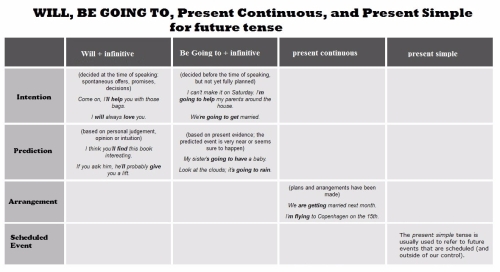
The Either OR game is an easy and fun game to play with family and friends and can be used to get to know someone better or just pass the time away while traveling. It’s simple. Just come up with two alternative options and ask away! The only rule is that the players need to choose one or the other. There’s no right or wrong answer, they just need to decide between either option one or option two. It’s also a great way for ESL students to strengthen their under standing of the use of the word either in the English language.
EITHER
Either = any one of the two = this one or the other one
Either is accompanied by an affirmative singular verb and is mostly used in questions or negative sentences
Either X or Y
Either … or … is used as a conjunction. It is used to express alternatives and or a choice between two (and sometimes more) things. It is used a verb in singular form (Sometimes you will hear it used in the plural form though it is not grammatically correct).
- Either Peter or Sally has to finish the report before 3pm.
- You can have either the blue pen or the yellow one. (= but not both)
- Either you leave the hotel now or I call the police.
Either + singular noun
Either is used as a determiner before a single noun.
- There are only two choices and he’s not interested in either movie.
- A: Do you want it ready for Friday or Saturday? B: Either day is OK for us.
Either of + determiner + plural noun
You can use Either of before a determiner (my, his, these, the etc.) and a plural noun.
- We’ve been together for 5 months and I haven’t met either of his parents.
- I haven’t seen either of these films.
- I don’t want either of those bananas. Do you have one that is not rotten?
Either + of + Pronoun
When using Either + of + object pronoun (you, us, them), we need the preposition OF before that pronoun.
- I don’t think she is going to ask either of them.
- A: Which story do you prefer? B: I don’t like either of them.
- I think I left my phone and wallet at the store. I don’t want to lose either of them.
Either can also be used alone. It means it doesn’t matter which alternative. Sometimes it is accompanied by the pronoun “one”.
- A: Would you like a coffee or milk?
- B: Either (one). (= I don’t mind if it’s coffee or milk, both alternatives are fine)
Either in short responses
Either can be used at the end of a negative sentence when you agree with something negative someone else has said. It is similar to meaning TOO and ALSO (which are used in affirmative sentences).
- A: I wasn’t thirsty. B: I wasn’t either. (You cannot say “I wasn’t too”)
- A: I’ve never been to Portugal. B: I haven’t either.
- A: I didn’t go to class yesterday. B: I didn’t either
See more about Also and Too in positive statements and questions, along with more on Either in negative statements here.
Pronunciation of Either and Neither
You will hear the word Either pronounced two different ways:
- /ˈaɪðər/ (eye-ther – with a long I sound at the beginning) – British English
- /ˈiːðər/ (ee- ther – with a long E sound at the beginning) – American English
Both forms of pronunciation are correct and supposedly one is British English and the other American English. However within each country you may hear both forms used.
The same happens with the pronunciation of the word Neither:
- /ˈnaɪðər/ – British English
- /ˈniːðər/ – American English
Click here to schedule a class over Skype – from conversation practice to test preparation and specific topics like Business English, improve your English skills with one-on-one sessions that fit your schedule. Skype @ alex.g.k5
If you found this post useful, let others know about it:





